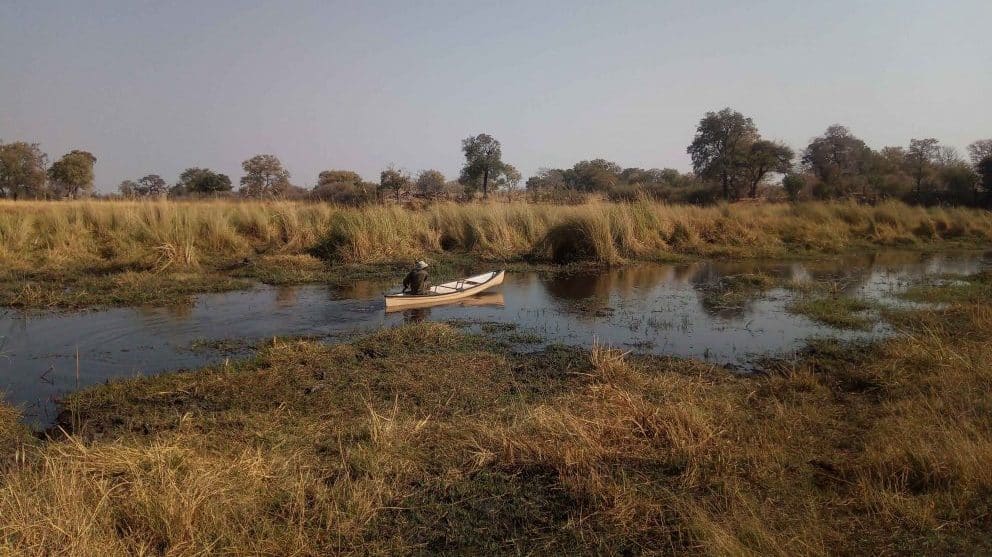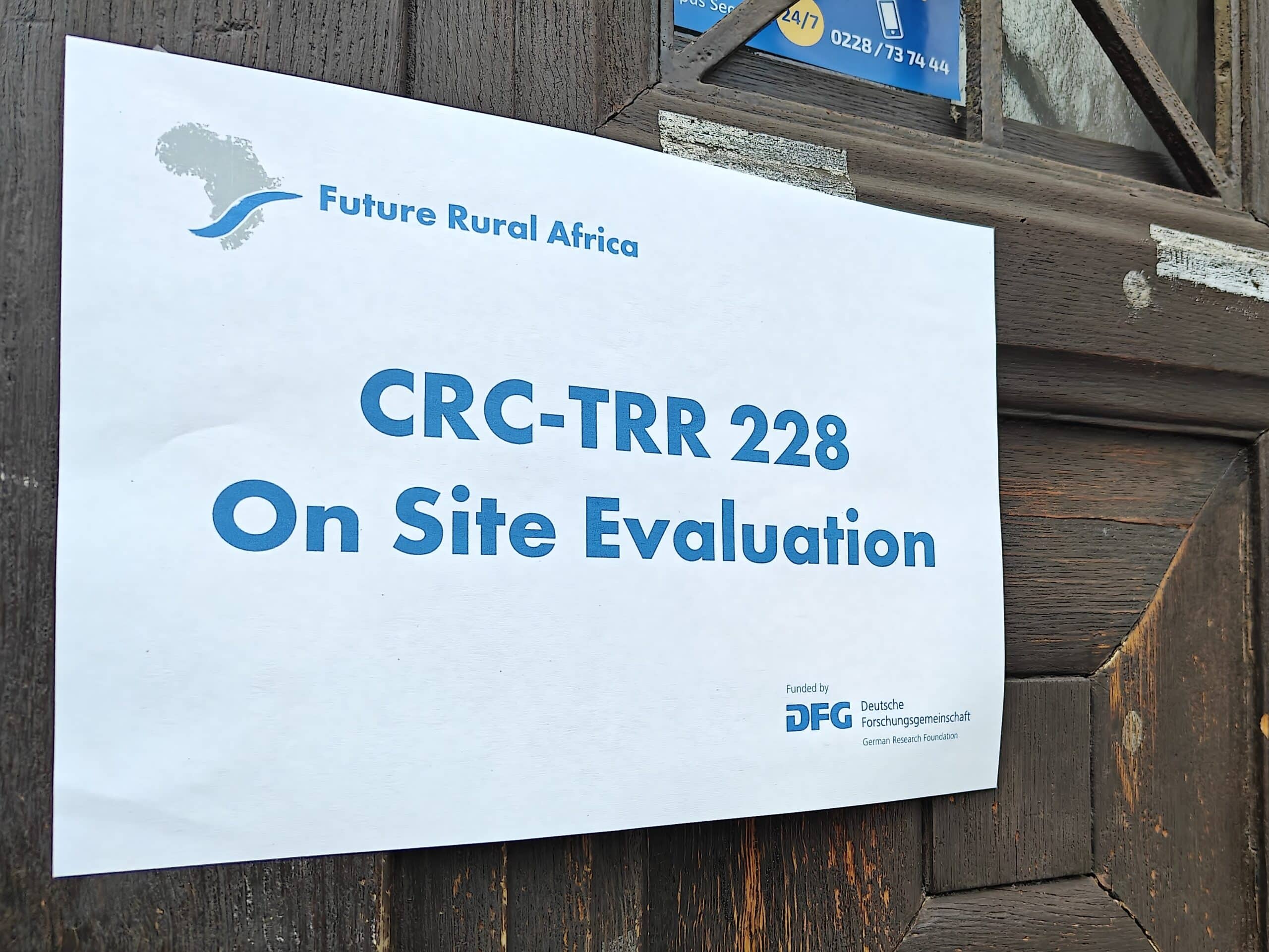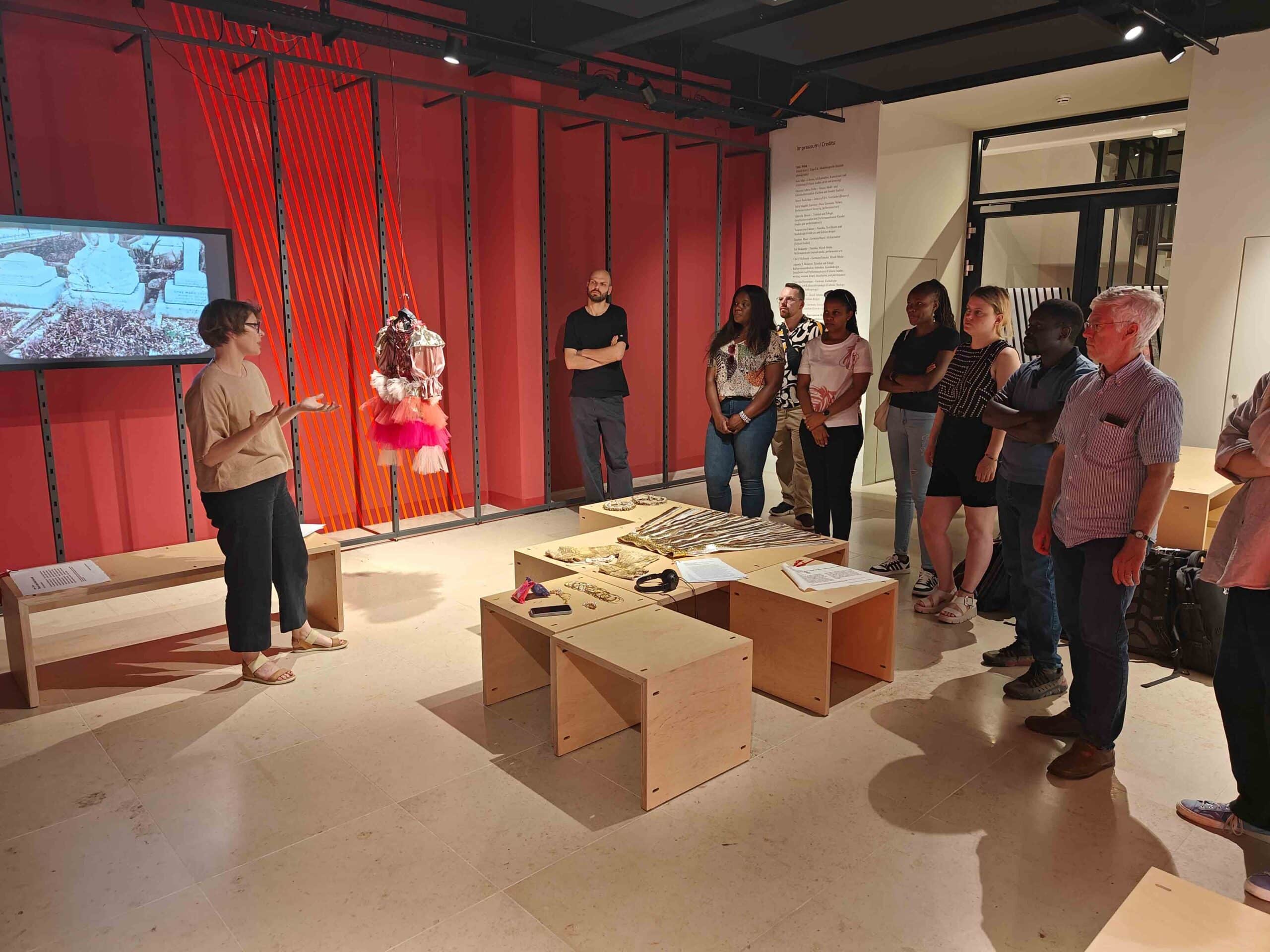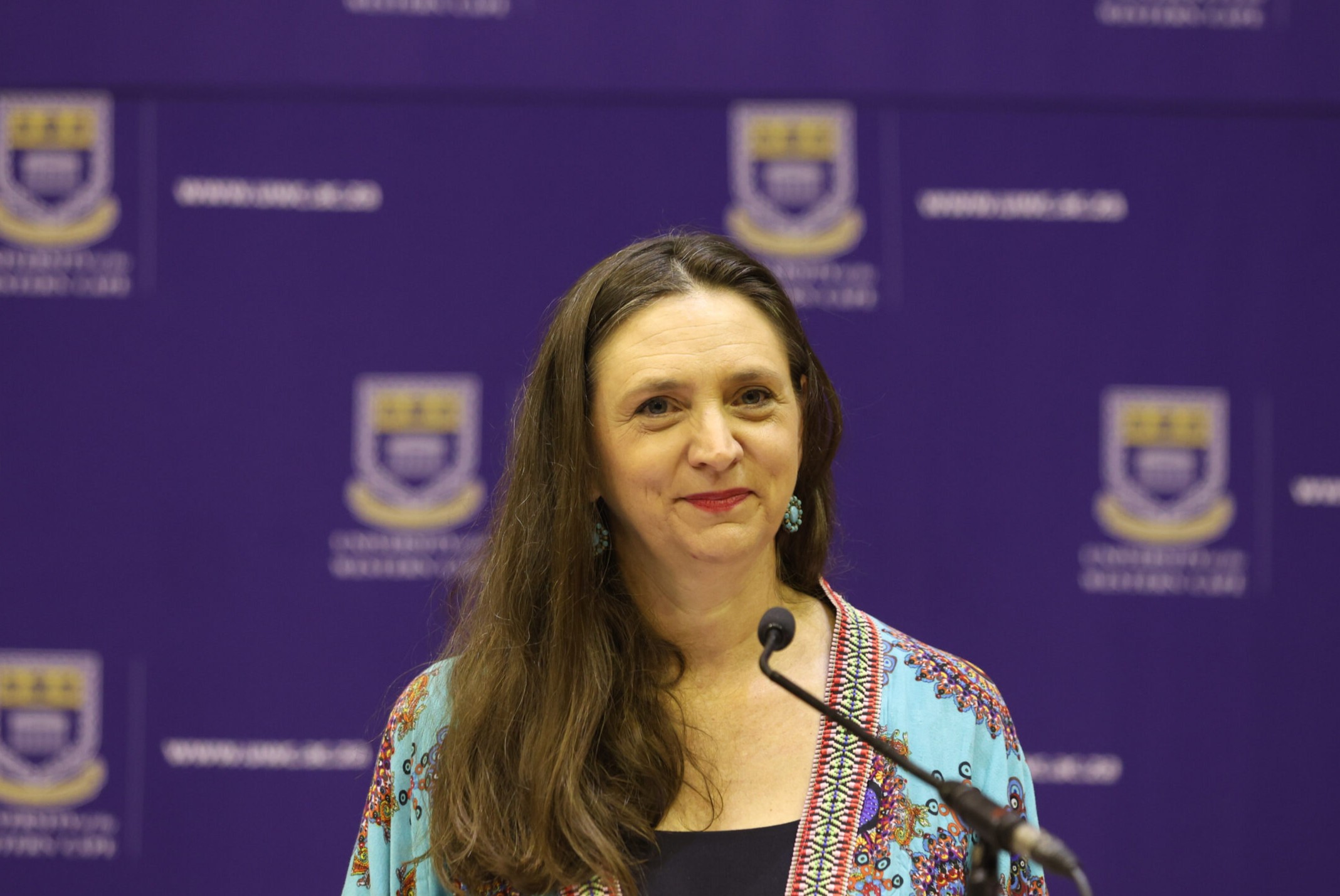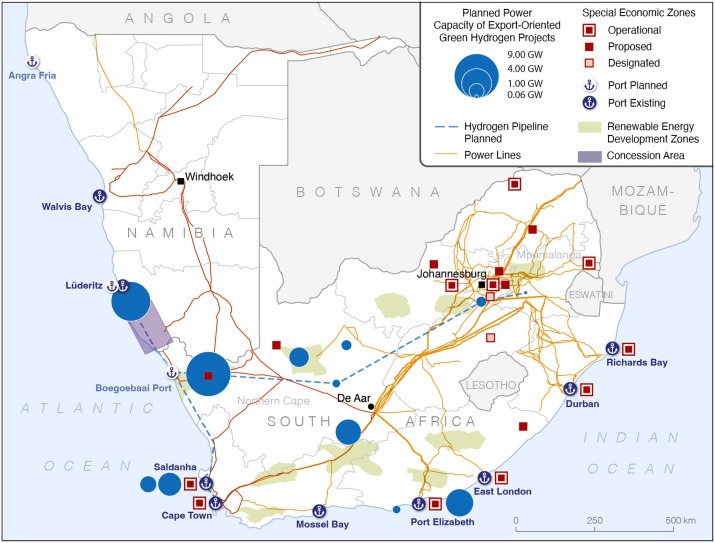The Kwando Basin of north-eastern Namibia is firmly embedded in current national and international conservation agendas. It is a key part of the world’s largest transboundary conservation area, the Kavango–Zambezi (KAZA) Transfrontier Conservation Area, and the home of seven community-based conservation areas (conservancies) and three smaller national parks (Mudumu, Nkasa Rupara, and Bwabwata). While conservation agendas often start from the assumption that an authentic part of African nature is conserved as an assemblage of biota that has not been gravely impacted by subsistence agriculture, colonialism, and global value chains, we show that environmental infrastructure along the Namibian side of the Kwando Valley has been shaped by the impact of administrative measures and the gradual decoupling of humans and wildlife in a vast wetland. The way towards today’s conservation landscape was marked and marred by the enforced reordering of human-environment relations; clearing the riverine core wetlands of human habitation and concentrating communities in narrowly defined settlement zones; the suppression of specific, wetland-adapted subsistence practices; and the elimination of unwanted microbes with the help of insecticides. The interventions in the ecosystem and the construction of an environmental infrastructure have created a unique conservation landscape in the Namibian Zambezi region, which provides the foundation for its popularity and success.
Bollig, M., Vehrs, H. P., (2021): The making of a conservation landscape: the emergence of a conservationist environmental infrastructure along the Kwando River in Namibia’s Zambezi region. Cambridge University Press. Africa, Volume 91, (2), pp 270- 295.DOI.

